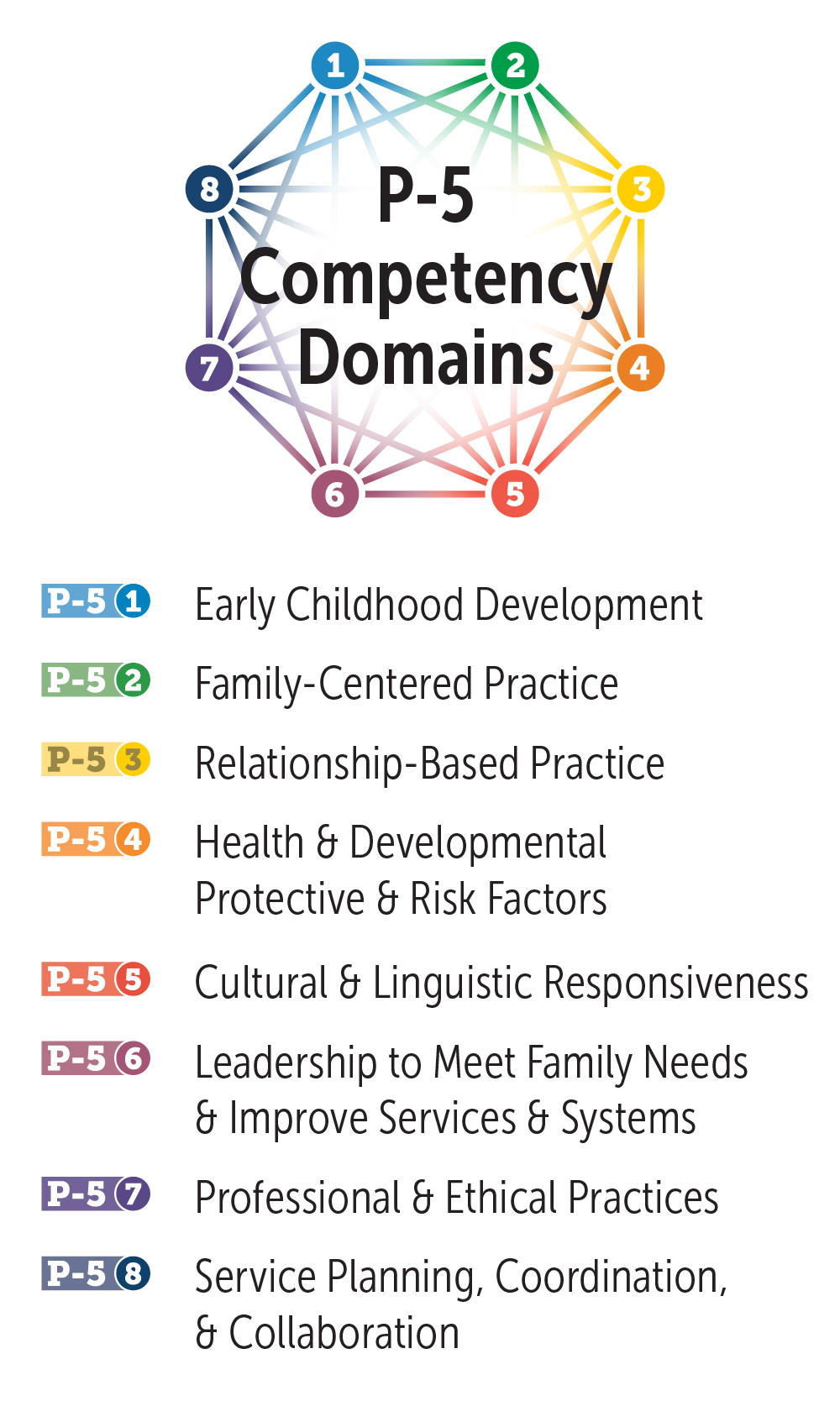
CL22 - II-B1, Intermediate-Level: Toward The Creation Of A Racially And Culturally Specific Understanding And Measurement Of Black Caregivers’ Internal Working Models Of Their Children
Discuss the modification of an existing proxy measurement of attachment—the Working Model of the Child Interview—to explore how Black caregivers' racial and environmental experiences impact their representations of their Black children. Presenters will highlight the need for new methods and frameworks in researching Black attachment relationships.

Haley Peele
California Pacific Medical Center
Haley Peele, M.A., M.S. is currently a postdoctoral fellow at the Child Trauma Research Program at the University of California, San Francisco. She completed her doctoral degree in School Psychology at Tulane University in New Orleans and her predoctoral internship at the California Pacific Medical Center's Kalmanovitz Child Development Center in Child Psychotherapy and Assessment. Haley provides psychotherapy to young children and their caregivers who have experienced trauma in order to help heal their families and relationships. Her research focuses on better understanding Black mothers' relationships with their children through the qualitative analysis of a racially and culturally specific modification of the Working Model of the Child Interview. Haley recognizes the importance of including diverse researchers and families at every phase of the research process and aims to utilize racially and culturally sensitive methodologies in her research with and for Black families in order to provide racially and culturally sensitive services, including interventions and assessments, for these families. Haley previously worked as a non-profit and university administrator. Haley has provided psychotherapy to children, adolescents, teenagers, and adults in school, hospital, and community mental health settings. She has performed comprehensive psychoeducational and neuropsychological evaluations in hospital settings as well as forensic relationship evaluations in community mental health and academic research settings. Haley utilizes biopsychosocial and attachment-oriented approaches in both therapy and assessment and works collaboratively with patients and their families to support them in their therapeutic journeys.
Ashlee Yates Flanagan
Tulane University
Mrs. Yates Flanagan is a Memphis native and a doctoral candidate in school psychology at Tulane University. She received her master's degree in Counseling from New York University (NYU) and a second master's in school psychology from Tulane University. In New York, she practiced as a clinical psychotherapist treating predominantly women and young mothers dealing with stress, anxiety, and depression. As a doctoral candidate, she has spent the last 6 years: (1) working in New Orleans charter schools evaluating children and adolescents with academic and behavior challenges, and (2) providing therapy and psychodiagnostic evaluations to families in need in outpatient settings in New Orleans and Memphis. Clinically, she is currently completing her predoctoral internship with the University of Tennessee. Her areas of expertise include the assessment of children with developmental and neurodevelopmental disorders, offering empowerment workshops and psycho-education for parents and caregivers, providing clinical services for families with children with autism, administering culturally sensitive comprehensive assessment, and conducting qualitative research at the intersection of racial identity development, socialization, and development.
Monica Daniels
Tulane University
Monica Daniels is a 4th year School Psychology Doctoral student at Tulane University. At Tulane University, Monica is mentored by Dr. Stacy Overstreet and Dr. Courtney Baker. Monica earned her B.A. in Psychology from the University of Connecticut. She currently holds two Master's Degrees; M.A. in Applied Psychology from Sacred Heart University and MHS from Johns Hopkins University. Her research goal is to understand key practices that help support the implementation of trauma-informed frameworks in schools. Her long-term research goal is to increase the number of evidence-based practices that support the trauma-informed framework and supports the diverse needs of children of color. In her spare time, this Connecticut native enjoys being outside in nature with her dog,

